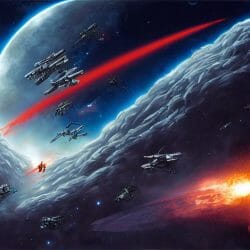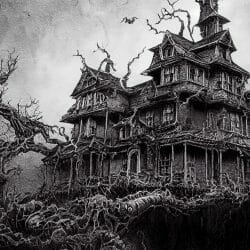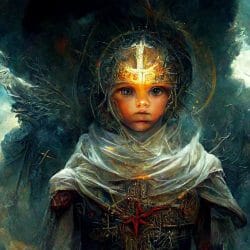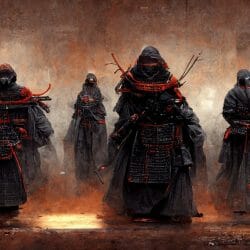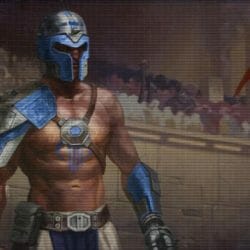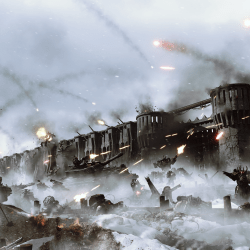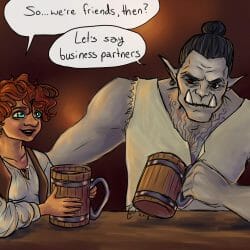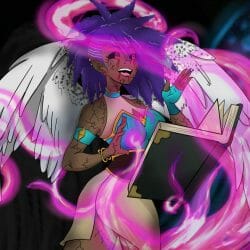The reason I have done this is that I want people to be able to play characters that look like themselves without resorting to stereotypes – not every person with darker skin has to be from some desert empire.
Genre Police: Widescreen
Now I’d like to crank the dial the other way and up the scale to the nation and world-changing campaign. Focus on giving your campaign a sense of depth and scale. How do you make a world and story feel massive?
Genre Police: Finger On The Scales
I have been running a few D&D campaigns for almost two years, and I’ve watched the stories we tell slowly shift upwards in their viewpoint.
Genre Police: Players And Positivity
The story has stuck in my head, not only as a laughably bad example of how not to respect player agency but also as an interesting thing that can happen during games.
Genre Police: Generic Police
But before we begin talking about what generic systems can offer, we have to talk about how I can serve what you are looking for.
Genre Police: Un-Genre Police
I was recently asked by a reader to cover how I would approach using one game system to run a different game or setting.
Genre Police: Contenders, Ready!
I have pretty much always wanted to run an arc in an RPG game that involved a fictional tournament.
Genre Police: Siege Mentality
I hope that gives you an idea about a different structure of adventure/encounter to throw at your players, one that will shake up the status quo and pull your players together.
Genre Police: In Defence Of The Monster
I hope it helps keep you from falling into the traps that we’ve come to associate with the term DMPC
Genre Police: Unstoppable Evil
A few villains who might be a little more extreme in their relationships with the players.

